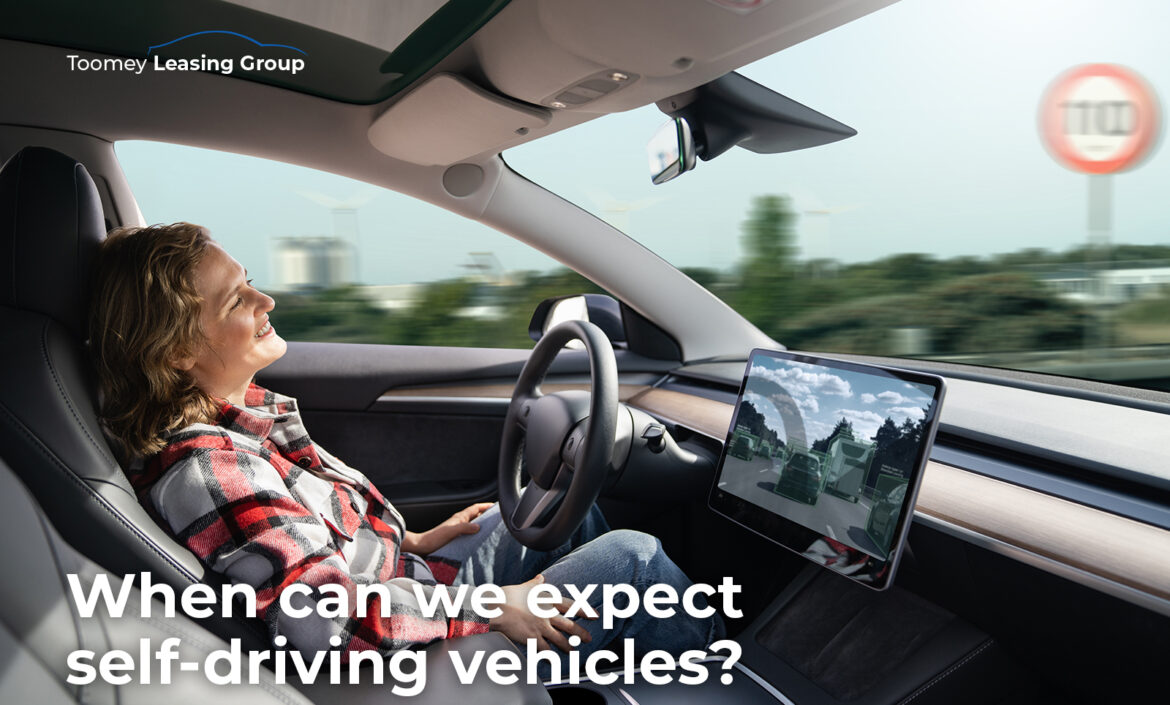The UK is on the brink of groundbreaking technology in the automotive industry, with self-driving vehicles potentially being welcomed to its roads by 2026. This ambitious timeline follows the King’s Speech in November 2023, announcing the enactment of the Automated Vehicles (AV) Act. The law positions the UK at the cutting edge of regulating self-driving technology, aiming to make British roads safer and more efficient.
Is there a need for self-driving cars?
The Department for Transport (DfT) highlights that human error is a major factor in 88% of road collisions. Self-driving vehicles, designed to match or exceed the safety standards of careful human drivers, promise to mitigate this issue. Rigorous safety checks are mandatory before these vehicles can operate on public roads, ensuring they meet stringent criteria. As a result of self-driving vehicles, the DfT projects significant reductions in accidents caused by drink driving, speeding, fatigue, and inattention.
Despite vast investments and advancements, there remains significant work to be done before self-driving vehicles become commonplace. Further legislation is needed to address mandatory requirements, ensuring the technology can be safely integrated into daily life.
Obstacles and Hesitations
Between 2018 and 2022, 1,500 jobs were created as a result of £475 million in investment in the UK’s self-driving sector. The AV Act delineates liability, ensuring that drivers are not held responsible for accidents when their vehicle is in self-driving mode. Instead, insurance companies, software developers, and automotive manufacturers will take this responsibility.
Public trust is essential for the successful adoption of self-driving vehicles. The RAC’s research indicates that a significant portion of the public is apprehensive about autonomous vehicles, with many fearing they may not improve road safety. Addressing these concerns through transparent and effective communication is crucial.
Moreover, practical challenges must be overcome. Autonomous vehicles must navigate the UK’s intricate road network, including issues like potholes and faded road markings. As technology advances, cities may need to adapt, potentially requiring infrastructure redesign and improved 5G coverage to support seamless vehicle operation.
Is the UK ready?
With the right framework and continued technological innovation, the UK is well-positioned to lead in this transformative field. By 2026, we may witness the dawn of a new era in transportation, marked by safer, smarter, and more sustainable vehicles.
Get in touch for any of your fleet queries:
If your business needs any assistance, with setting fleet budgets, or would like to understand more about what vehicles fit into your fleet budget, get in touch today. Our experts can offer guidance regarding alternative fuel types and whole-life cost analysis.


